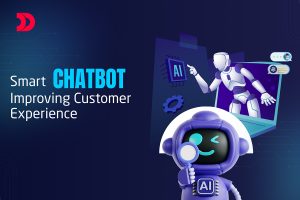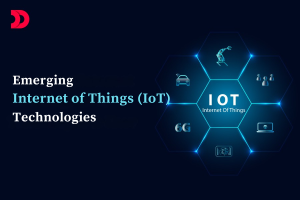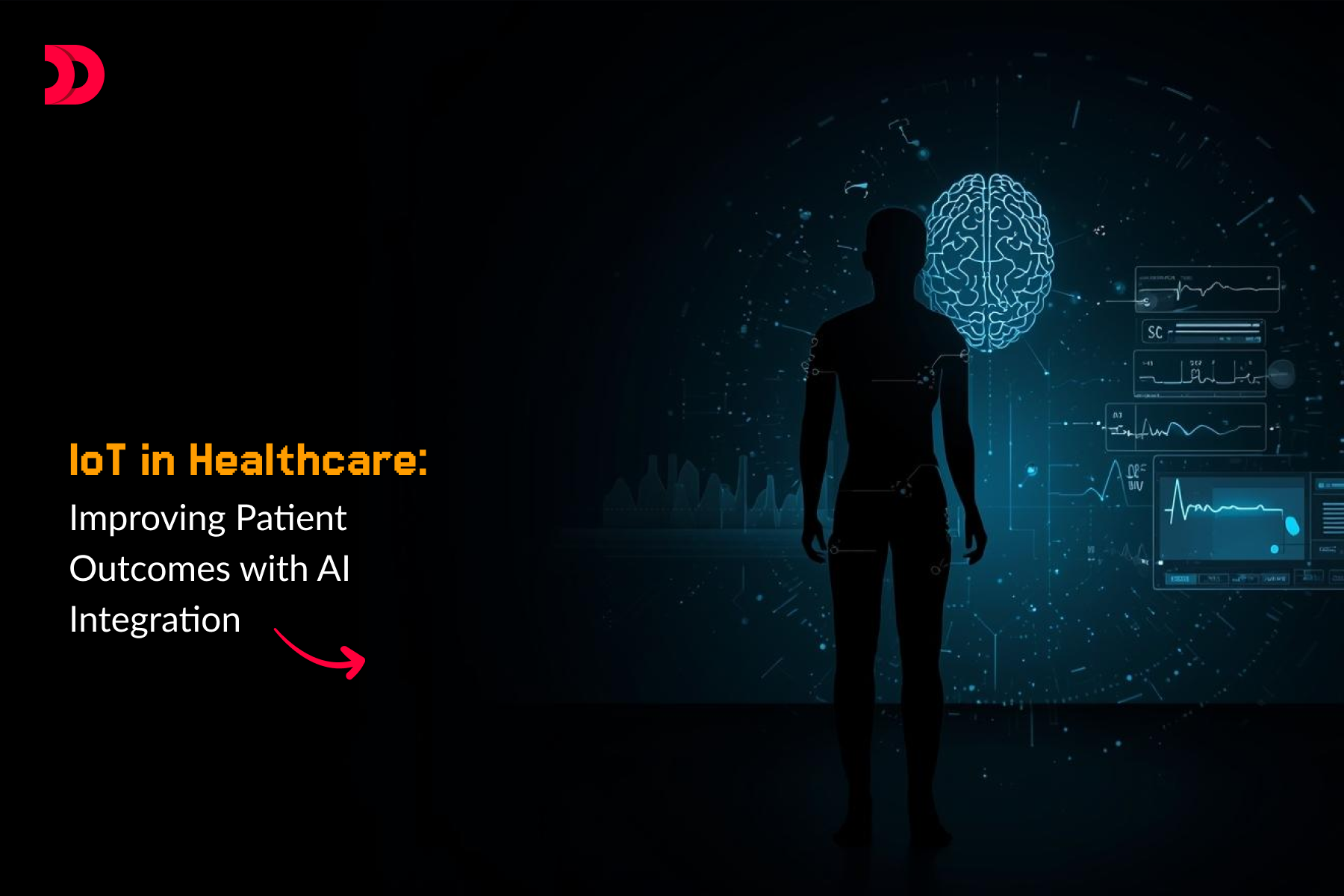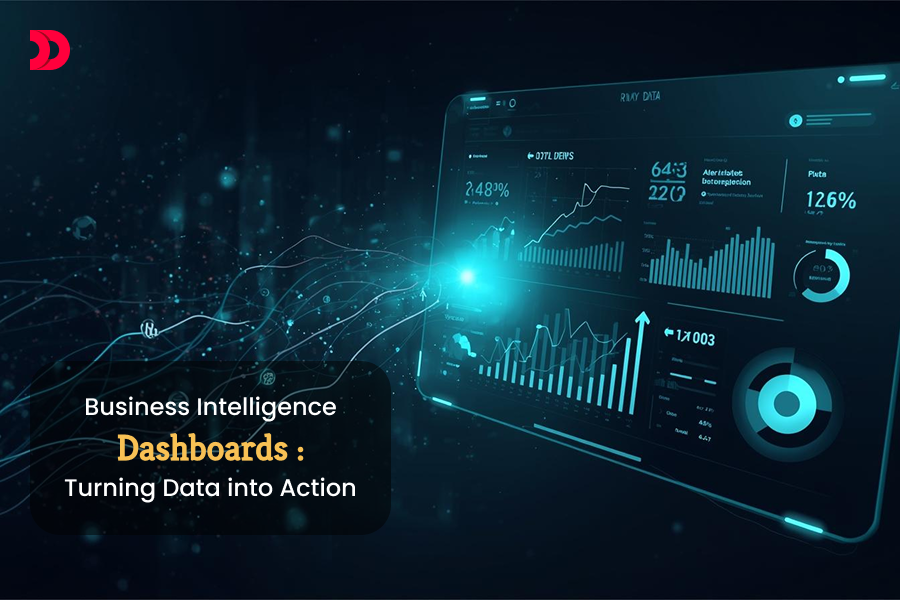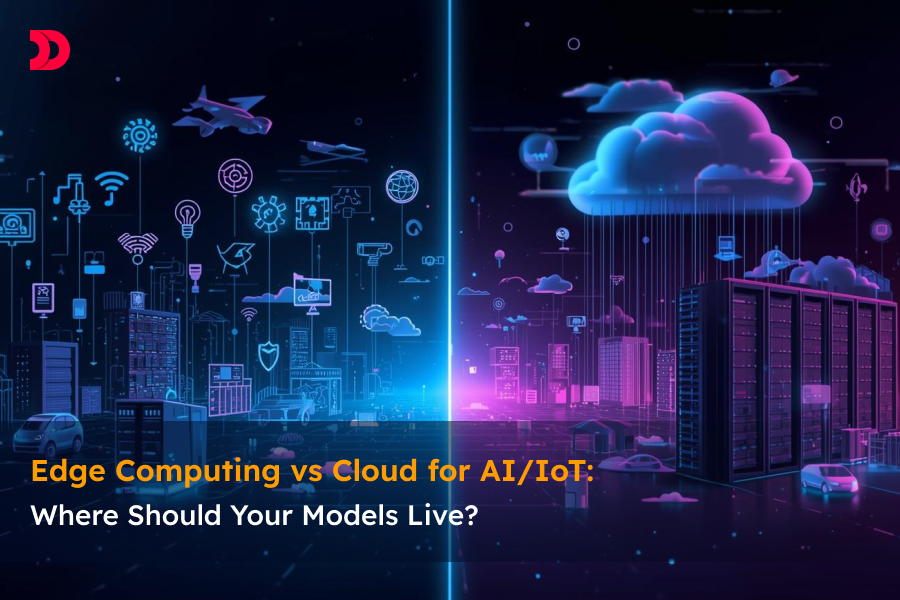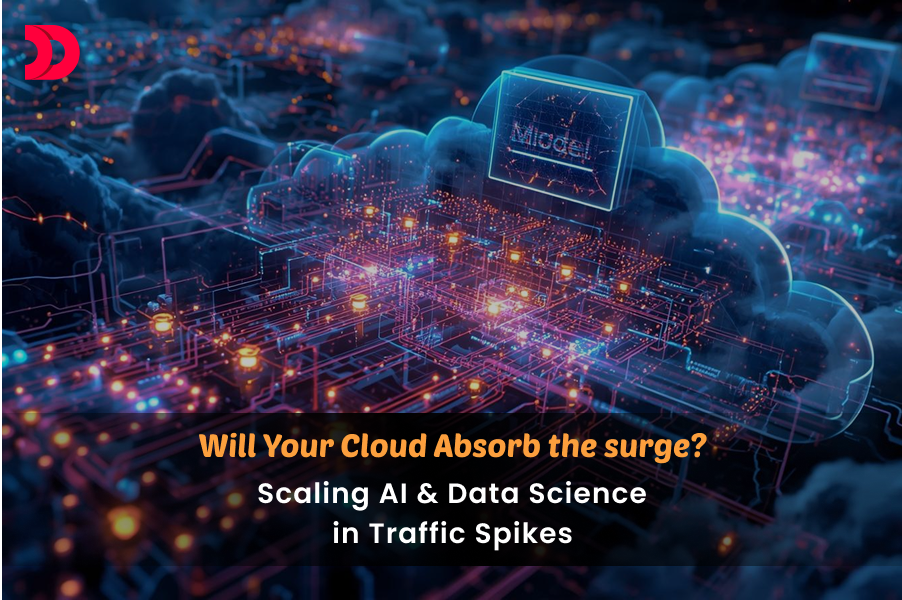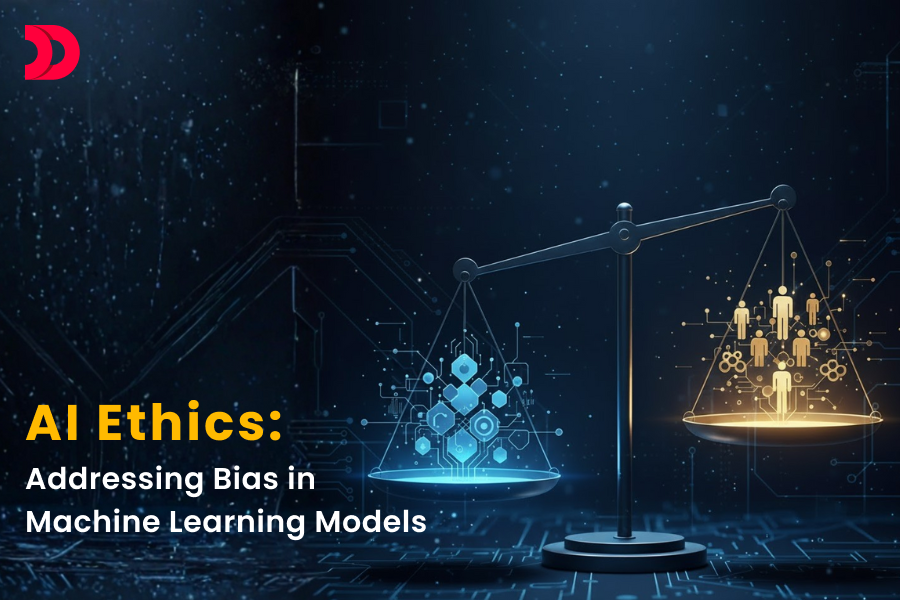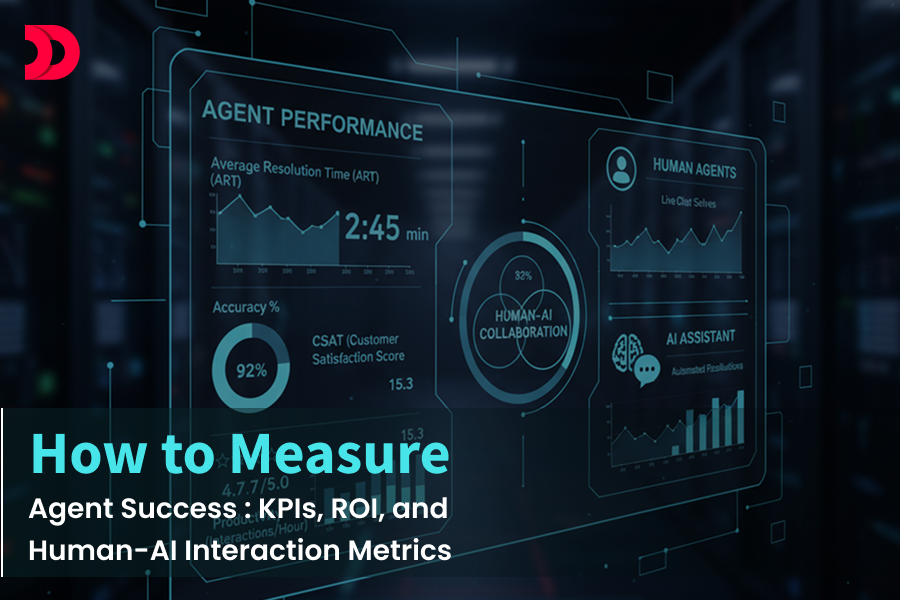Let’s imagine a scenario. A self-driving car is navigating a bustling city street as per a static map. However, it has to consider several aspects altogether. For example, this car has sensors to detect a child chasing a ball, a sudden red light, or a cab suddenly coming in its way. All these situations require action in a split second, depending on the situation, whether it involves braking, changing lanes, or adjusting speed. Here, AI agents play a vital role.
An AI agent is a system that understands its environment and takes action to achieve a goal. Basic AI agents can follow a pre-programmed set of rules, but advanced agents can learn. These adaptive and autonomous AI systems can analyze the outcomes of their actions and adjust their strategies accordingly.
This post will delve into the fascinating world of AI agents that can learn. Let’s start with the overview of AI agents and how they can learn.
Overview of AI Agents and Learning
An AI agent can be anything that can perceive the surroundings through sensors and act upon that using actuators. The PEAS framework can give a thorough idea of AI agents. This framework consists of Performance measure, Environment, Actuators, and Sensors.
The performance measure is useful for defining the success criteria. The environment is the world where agents work. Actuators are tools useful for agents to act, including a robot’s wheels. Sensors are what AI agents use to understand the environment, e.g., a camera and a microphone. AI agents can be either simple or complex, sophisticated chatbots.
The most fascinating thing about advanced AI agents is that they can learn. Unlike static, rule-based programs, a learning agent can learn from new experiences and information. It can change its internal structure and behavior based on these experiences. This learning process is cyclical and starts with the analysis of past actions with their outcomes.
AI agents can modify their rules or policies to improve their performance in the future. This is how a navigation system can learn to avoid traffic jams. This learning capability is crucial because it enables AI agents to handle unexpected and complex environments that we cannot pre-program. AI agents can adapt and evolve to find solutions to problems they face.
Types of AI Agents
We can categorize AI agents into several types on the basis of their complexity and decision-making capabilities. Let us go through some of their types-
It is the simplest type in which an agent makes decisions based on the current situation only. Here, there is no memory of past events.
It is a slightly more advanced version of simple reflex agents. It maintains an internal ‘model’ of the world to make decisions.
These agents can achieve a specific objective and use search algorithms to find the most suitable path to their goals.
This is a complex type of agent that can maximize a utility function. These agents can make more nuanced decisions in complex scenarios.
These agents stand out from the crowd as they can learn from experience and improve their performance over time. These agents are highly adaptive.
These agents operate in a structured, hierarchical pattern, where higher-level agents break down goals for lower-level agents to execute.
Autonomous systems consist of learning and hierarchical agents. These systems are useful to handle complex and multi-step tasks.
Your How-to Guide to Create an AI Agent
Creating an AI agent with the desired features and functionality is a complex task. Here is a general process to make an AI agent.
- Define the Objective and Environment
This is the first step of determining the goal for an AI agent. It can be a game-playing agent, a chatbot, or anything. It is crucial to get a clear understanding.
It is one of the key steps for developing an AI agent. You need to select the proper type on the basis of your objectives. It can be a Simple Reflex agent or a Learning agent.
The AI agent development company chooses the right programming language and libraries for building the selected agent. Python is a preferred language for AI development.
AI developers write the code that enables your agent to take in information from sensors and perform actions through actuators. This is a highly complex task and needs technical knowledge with experience.
- Implement the Learning Mechanism
This is another crucial stage. If you have opted for a learning agent, it is essential to implement an algorithm like a neural network or a reinforcement learning model. It enables the agent to analyze the past performance.
This step is about making your AI agent ready for work. Let it collect data and learn. Regular testing for performance can help you achieve the defined goal in a relatively short time.
A reputable AI agent development company can assist you in handling all these steps to build a tailored agent with the necessary features.
AI Agents and Machine Learning
AI agents and machine learning are inseparable. Machine learning algorithms empower the learning component of the AI agent. As the paradigm shifts, the AI agent learns to act by receiving rewards for desirable behavior and penalties for undesirable behavior. This process enables it to improve its performance without specific programming for every possible scenario.
Future of AI Agents
Improving decision-making capability, increasing learning ability, and the prevalence of autonomous systems drive the future of AI agents. As we move toward multi-agent systems or adaptive AI systems, we need agents that can learn and evolve continuously. Adaptive AI systems can dynamically adjust their behavior to new circumstances and remain relevant for a long time.
Concluding Lines
AI agents are all set to learn and adapt. As we witness a shift in AI from rule-based systems to dynamic, autonomous systems, we have advanced AI agents based on robust ML techniques. The future of adaptive and autonomous AI systems will depend on more sophisticated and intelligent agents. These agents will take us into an era of true intelligent automation.
 Feb 04, 2026
Feb 04, 2026 




